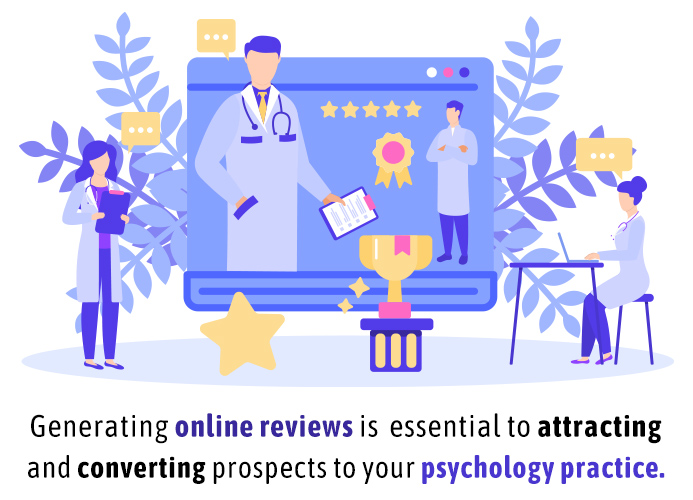Building a Psychology Practice Complete Guide
Building a Psychology Practice Complete Guide
Blog Article
Why Establish a Private Psychology Clinic
Opening a psychology practice offers independence that many mental health professionals desire. Instead of working under someone else’s rules, you can choose your clients.
Over time, your client base can expand through referrals and reputation, providing long-term stability.
Whether you prefer a minimalist setup or a cozy therapy room, your office becomes an extension of your therapeutic style.
Costs of Starting a Psychology Office
For a home-based or online practice, initial expenses may be lower, focusing mainly on software.
Don’t forget hidden costs such as internet.
Used furniture or refurbished equipment are budget-friendly options.

Starting a Psychology Office at Home
Soundproofing is essential to protect confidentiality.
You might need a business license even if operating from home.
Marketing a home practice can focus on local online listings, social media, and networking with nearby professionals.
Creating a Cognitive Psychology Practice
A cognitive-focused office benefits from whiteboards to engage clients in cognitive restructuring exercises.
Professional development is key: ensure certifications in cognitive therapies are up to date.
Networking with physicians, schools, and wellness centers can generate referrals targeting those needing cognitive therapy.
Building an Online Psychology Business
Test your lighting, background, and audio to ensure professional video quality.
Legal and ethical considerations include checking licensure laws for providing therapy across state or country borders.
Marketing an online practice may focus on SEO-optimized content, social media, and online directories.

Creating a Community-Based Psychology Practice
A leia mais aquicomo montar um consultório de psicólogo social psychology practice focuses on addressing social influences on individuals. Setting up this practice may involve partnering with schools to provide outreach and interventions.
Collaborate with local leaders to identify key needs and tailor services accordingly.
Sharing success stories or partnerships on social media reinforces your practice’s mission and attracts collaborative opportunities.
How to Set Up a Successful Psychology Practice
Building success starts with clarity on your ideal client and specialization, allowing targeted marketing and service design.
Consistent communication through blogs, newsletters, or workshops positions you as an expert in your niche.
Lastly, practicing self-care ensures sustainability so you can continue serving clients effectively over time.
Conclusion: Building Your Psychology Practice
In conclusion, starting your own psychology office is both an exciting and challenging journey.
Remember, a thriving practice balances clinical care.
If you’re ready to turn your vision into reality, start small, stay focused, and seek mentorship when needed.
Common Questions About Starting a Psychology Office
How much does it cost to open a psychology practice?
The cost ranges widely depending on location, size, and services. On average, setting up a small office may cost between $5,000 and $20,000, covering furniture, licenses, insurance, and marketing.
Is a home-based psychology office legal?
You may need a home business permit, soundproofing for confidentiality, and professional liability insurance.
Do I need special software for an online psychology practice?
Running an online practice requires secure, HIPAA-compliant video platforms and electronic records systems.
How can I attract clients to my psychology practice?
Effective strategies include networking with other professionals, listing in therapy directories, creating a website, and offering workshops.
Should I write a business plan before opening my office?
A solid plan guides decision-making and increases chances of long-term success in your psychology practice.
Report this page